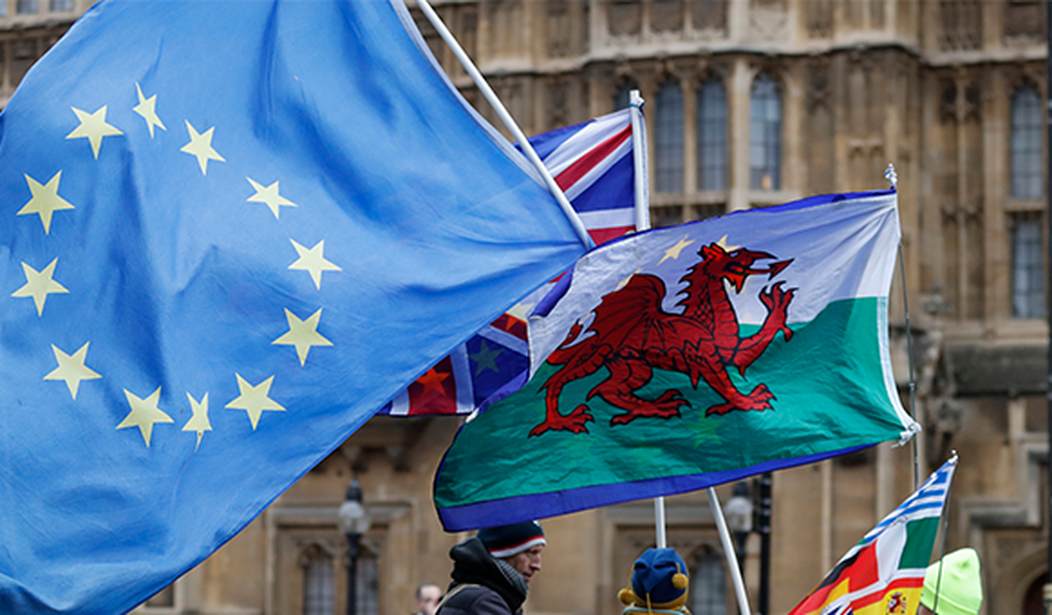If anything seems to unify the U.S. and European Union, it is the misguided belief that weaponizing antitrust legislation to target big tech will improve consumer outcomes. Nowhere is this dangerous policy goal better showcased than at the Future Tech Forum in London, where antitrust hawks from Washington and Brussels met to share notes on the measures their respective governments have taken to trample on consumer welfare, destroy innovation and delay progress.
While the EU is further along in its desire to weaponize antitrust legislation against big tech companies, the U.S. still has time to stop, pause, and chart its own path. For the sake of consumers, however, U.S. antitrust enforcers must reject European influences on antitrust enforcement and pursue its own path that prioritizes consumer welfare.
Historically, Europe and the United States have diverged in how they deal with antitrust issues. Throughout much of its short history, Europe has been guided by a ‘big is bad’ mentality to competition and antitrust policy. Under this rigid and uncomplicated belief that dominant companies are harmful to competition. For European consumers, this approach has seen efficient markets destroyed and consumers left paying the price.
The United States, on the other hand, has traditionally employed the more nuanced consumer welfare standard that recognizes consumers should be the central focus of antitrust thought. Under the consumer welfare standard, large companies can exist and grow, providing they do not hurt consumers through reduced output or higher prices. Application of the consumer welfare standard is why Congress approved the consolidation of the airline industry after the September 11th attacks and great recession.
Recommended
Europe's subservience to big is bad was clearly displayed in the fine it issued to Google for allegedly abusing its market dominance. In 2017, the EU fined Google €2.42 billion because it supposedly "abused its market dominance as a search engine by promoting its own comparison-shopping service in its search results and demoting those of competitors." These actions, according to Margrethe Vestager, Europe's Commissioner for Competition, "denied other companies the chance to compete on the merits and to innovate. And most importantly, it denied European consumers a genuine choice of services and the full benefits of innovation."
Unlike European regulators, American antitrust authorities would have employed a more nuanced approach through the consumer welfare standard to evaluate Google's behavior and asked whether the alleged companies’ actions denied consumers access to lower-priced or superior goods. If U.S. authorities found consumer harm, they would have acted to protect consumers. Conversely, if consumer outcomes were improved, enforcers would have allowed the behavior to continue.
The most important aspect of this approach is that it prioritizes consumers over competition and recognizes that big can mean better in some instances.
While these fines may be justified on the grounds that they will deter anti-competitive behavior, financial penalties of this magnitude ultimately harm consumers in the long run. For example, Google's €2.42 billion fine means the company now cannot invest as much capital into improving its core search engine or developing ancillary products such as android devices or the Google office suite. Without these investments, consumers are left with fewer products and delayed innovation.
There is also empirical evidence that shows Europe's rigid enforcement of ‘big is bad’ has left it lagging behind the United States. Jan Rybicek from the Global Antitrust Institute, for example, found that emphasizing consumer welfare over ‘big is bad’ has allowed the U.S entrepreneurs to "develop new ideas, business models, and has motivated capital to take risks on them." Europe, on the other hand, has "struggled to develop a successful innovation culture" because it places too much power in the hands of regulators who place "far less faith in the market."
Rybieck's warning is clear. Importing Europe's approach to antitrust will risk America's global leadership in innovation and harm consumers by denying them the fruits of innovation.
Given the shared desire in Washington and Brussels to rein in big tech, it seems almost inevitable that both governments will weaponize antitrust further to rein in big tech and score political points at home. Yet, while Europe is much further along in this process, particularly with the likely passage of the Digital Markets Act, Washington still has time to reconsider whether following Europe's example is in the best interest of consumers.

























Join the conversation as a VIP Member